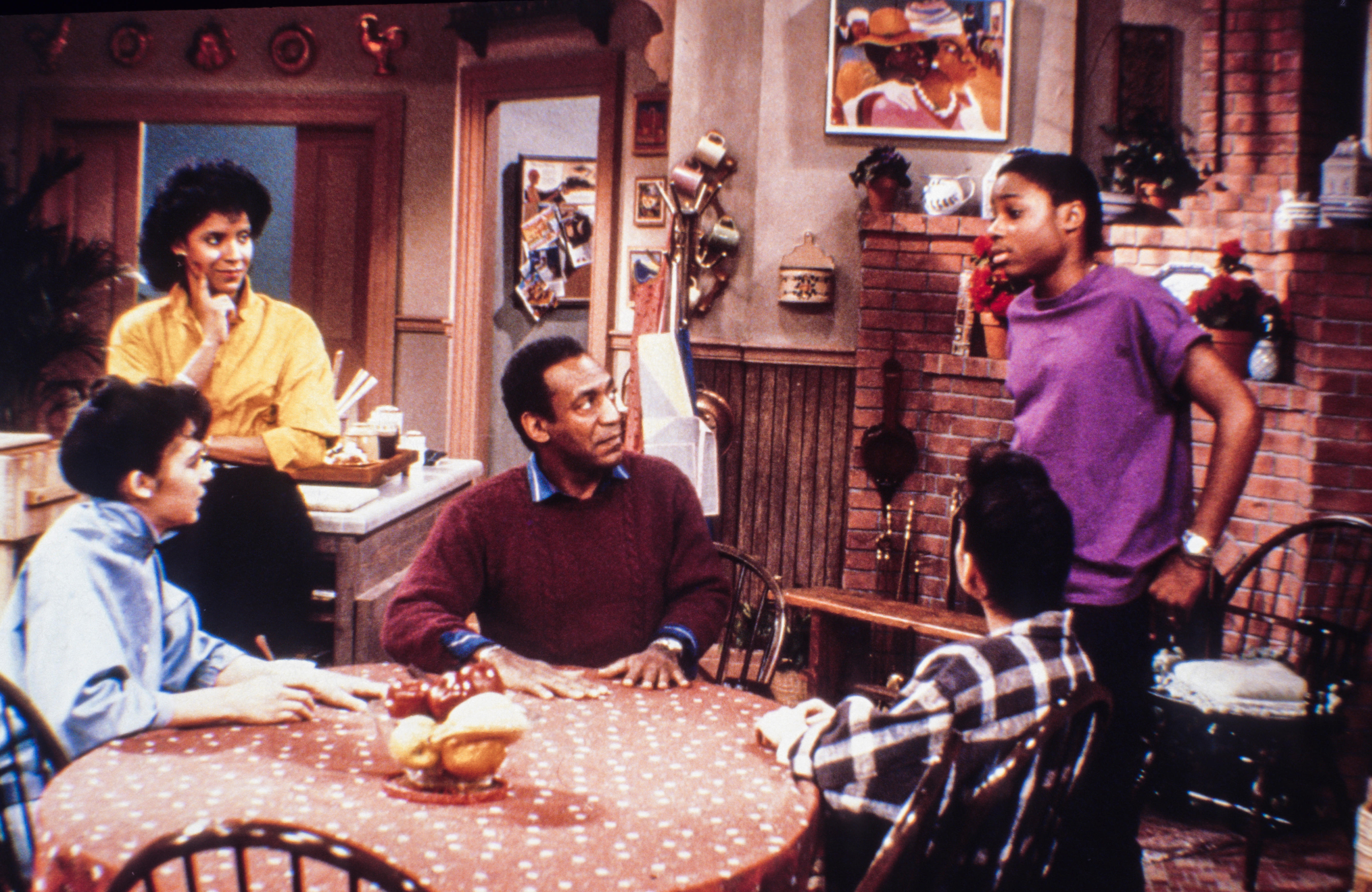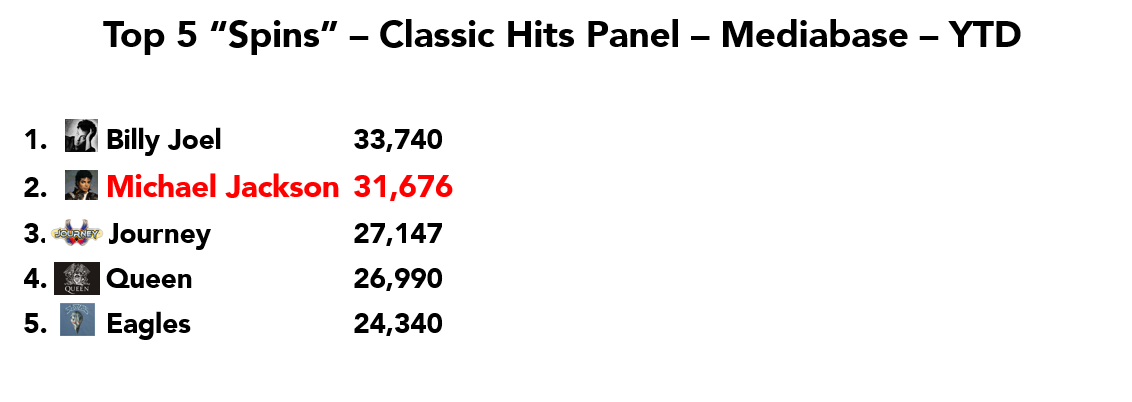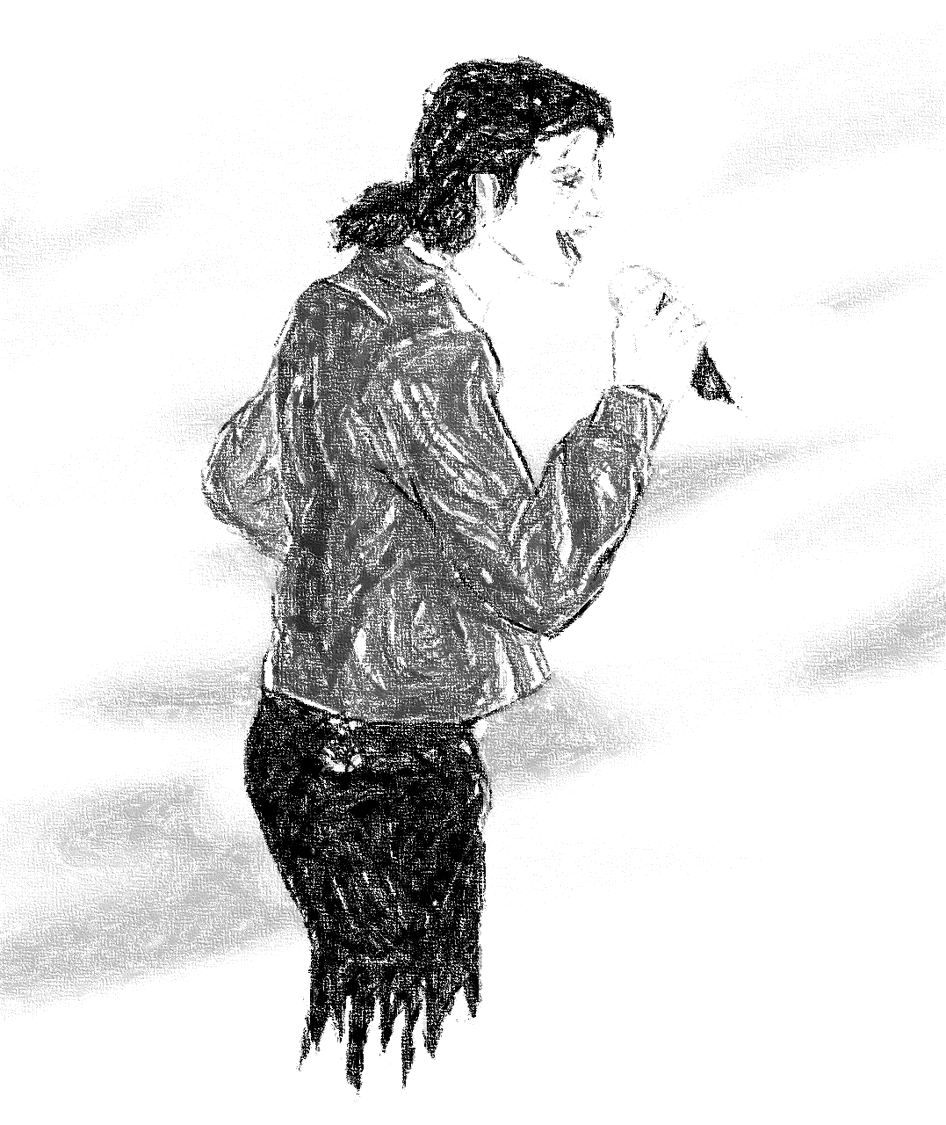
Today’s #TBT post is all about behaving badly.
And there’s no shortage of it these days. It seems like a week doesn’t go by without a lurid story about famous people getting themselves in all sorts of trouble. Athletes, movie stars, musicians – we’re hardly surprised anymore to hear the accusations and the denials. And most of the time, we’re left wondering whether we’ll ever learn the real truth.
It also feels like the shock waves that accompany these revelations have a tendency to just roll over many of us. But given the events of the last decade or so, you can’t blame us. What was once unbelievable has become commonplace.
 Today’s classic blog post is from exactly five years ago. But it might feel like it was a lot longer ago when you read it. Back then, Bill Cosby’s classic TV shows were rapidly disappearing from the airwaves. And we were talking about whether the aberrant behavior of music stars should have any impact on their radio airplay.
Today’s classic blog post is from exactly five years ago. But it might feel like it was a lot longer ago when you read it. Back then, Bill Cosby’s classic TV shows were rapidly disappearing from the airwaves. And we were talking about whether the aberrant behavior of music stars should have any impact on their radio airplay.
This year’s poster artist exhibiting alleged bad behavior is P Diddy. And last fall, his “spins” nosedived on American stations. Some things don’t change. -FJ
The photo is a stopper.
The Cosby Show was once as big as anything on TV. Its reruns successfully lived on many different cable channels and networks long after the show was officially put to bed. But these days, you’re hard-pressed to find the Huxtables anywhere (Amazon still runs the series). But since Bounce TV finally dropped the show last year, Cosby is missing in action on the tube despite its iconic status in TV history.
Old sitcoms are worth their weight in gold to TV executives. We blogged about Netflix renewing Friends late last year for the low, low cost of $100 million – for just one year. From MAS*H to The Big Bang Theory, the big money in television is often made years after these hit shows were being produced.
But not The Cosby Show. The reasons, of course, have nothing to do with ratings or popularity. They have everything to do with the shocking behavior of its namesake. After Bill Cosby was convicted last year of felony aggravated indecent assault, his eponymous show did a disappearing act from TV at high speed.
And that brings us to what’s been quietly happening in radio circles, as it becomes clearer that some artists may have been misbehaving – in some cases, for years. Programmers have not really engaged in public conversations about the various artists and groups that have been accused of misdeeds. But many are thinking about it.
A couple weeks back, Triple A darling Ryan Adams started feeling the effects of an airplay backlash and an angry audience. In another #MeToo mess, the artist was accused of emotional and psychological abuse by various women (including his ex-wife, Mandy Moore). Despite his denials, the radio exposure of Adams’ music is disintegrating – fast. And over the weekend, his tour of Ireland and the UK was cancelled, while the release of a new album, Big Colors, has been put on hold.
It’s probably been slow going for R. Kelly when it comes to radio airplay these past few weeks as old accusations have now turned into new formal charges – again, leaving programmers with tough calls to make about whether to play – or pass. It was a 5-part series on Lifetime – Surviving R. Kelly – that was the catalyst for the artist’s new slew of legal problems.
In his great blog, “A Journal of Musical Things,” music historian Alan Cross grappled with this gnarly issue last week, spurred by the debut of an HBO documentary about Michael Jackson, Leaving Neverland.
I urge you to read Alan’s piece – it deftly lays out how this doc (which debuted last night) could be the catalyst for powerful repercussions. As he notes, many Michael Jackson fans are up in arms, going after the producers of “eaving Neverland. Others aren’t so sure about the complicated relationship between the man and his art.
Alan asks this pointed question:
“If Michael Jackson ends up in this bucket of repulsion, what happens to his music then?”
I’m writing this before I’ve had the chance to watch Leaving Neverland, so I only know shards of the issues and controversies it covers.
But I do know this – here in the States, Michael Jackson continues to be a very core artist on many successful radio stations. A look at “spins” year-to-date on Mediabase’s Classic Hits panel reveals the King of Pop is the #2 most-played artist since the start of the new year. Will that be the case 90 days from now?

We’re still in Q1 of 2019, and Michael Jackson songs have already earned more than 31,000 spins. His music – at least up until now – tests well and is very much in-demand.
A shoe dropped over the weekend when NME’s Charlotte Krol wrote that BBC Radio 2 – the most popular station in the UK – quietly dropped all its Michael Jackson solo songs as of February 23. And while the BBC’s statement equivocates – “We consider each piece of music on its merits and decisions on what we play on different networks are always made with relevant audiences and context in mind” – the reality is that at least for now, “Beat It,” “Rock With You,” and the scores of other Michael Jackson hits are “on hold.”
What will be the reaction here in the U.S., especially as more and more people watch Leaving Neverland? It remains to be seen, of course, but  clearly the audience will more than likely have a say here.
clearly the audience will more than likely have a say here.
And while wise old programmers will remind us that listeners won’t miss what stations don’t play, it’s just not that simple. Especially when you’re dealing with an artist like Jackson with a high profile and a deep repertoire.
Of course, this isn’t the first time that controversy and music have caused programmers to wring their hands.
Sometimes, it’s about politics. That was the case with the Dixie Chicks when their music systematically disappeared from Country playlists after their attacks on then-President George W. Bush.
On the other side of the spectrum, Ted Nugent has come under fire during his numerous attacks of President Obama. And Kid Rock hasn’t been far behind.
But don’t think for a moment this is exclusively a modern-day problem. A year or so ago, I was witness to a very lively back and forth between a couple of public radio Classical programmers. The source of this controversy?
Composer Richard Wagner died 135 years ago – and he’s still stirring it up among Classical radio audiences. Why?
Wagner harbored very public feelings of anti-Semitism and later racism. He embraced these themes, and they are part of the controversy that swirl around him and his music today.
As I listened to these PDs debate the pros and cons of playing/dropping Wagner’s music, it had similar echoes to the maelstrom of confusion surrounding Michael Jackson and other artists that have behaved badly. Whether it’s on the football field or on the radio, listeners will make their feelings known.
Wagner is considered a “core artist” on Classical radio, having penned 10 operas, and creating music that has clearly stood the test of time. To drop his music because of his political and social views is an issue that many in the format have discussed, not just for weeks, but for years.
And like the conversations that are coming about a musical artist who’s hit-making musical prowess has always been overshadowed by his lifestyle, it looks like there will be a lot to talk about.
Where do the lines get drawn? Is it politics, crime, song lyrics, or other variables that are the determining factors that lead to societal acceptance or rejection? Is it when an artist projects one view to the public, while living a very different life behind closed doors? Is it our growing obsession with true crime stories – from TV to podcasts – that fuels our need to know the truth about the artists we love.
Those I’ve worked with for many years know that my programming foundation is rooted in audience research. The longer I do this, the clearer it becomes the public always has their say. And then programmers have some decisions to make.
So, what are you thinking?
Thanks, Alan Cross and Don Anthony.
- Who At Your Station Would The Audience Like To Have A Beer With? - May 20, 2025
- Lessons For Radio From The Recent Google Home Outage - May 19, 2025
- The Rock Hall’s Most Egregious Snub Yet? - May 16, 2025





Leave a Reply